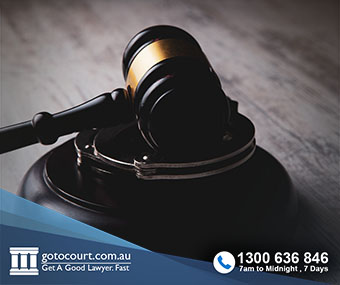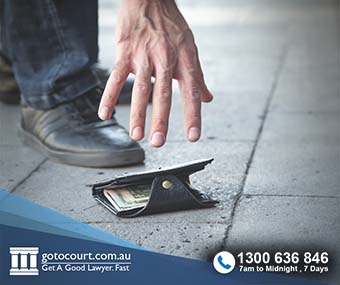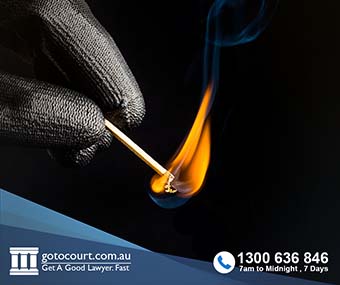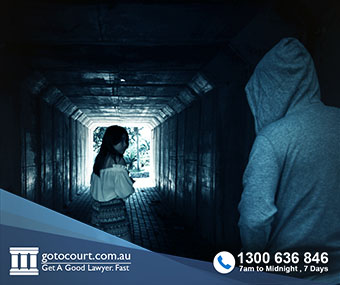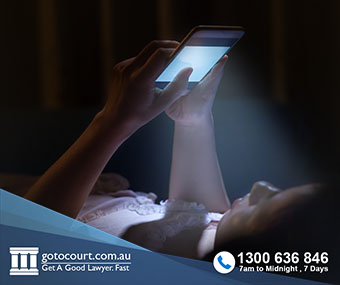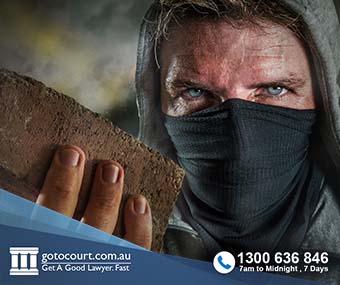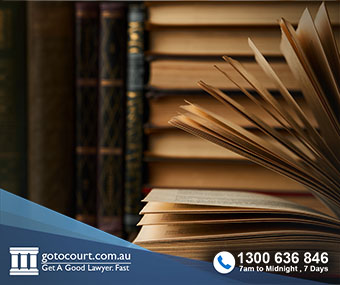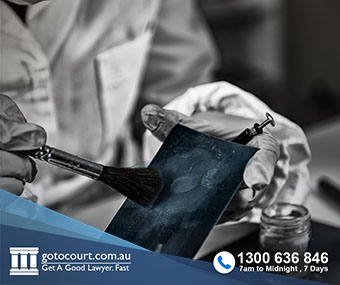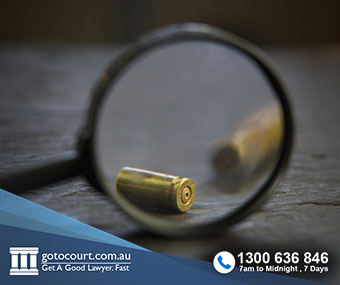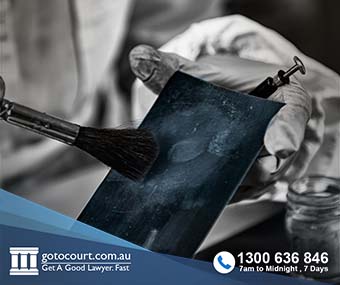Call our lawyers
now
or,
have our lawyers
call you
Child Witnesses In Criminal Matters (Tas)
Updated on Nov 22, 2022 • 5 min read • 361 views • Copy Link
Child Witnesses In Criminal Matters (Tas)
Sometimes it is necessary for a child to give evidence in a criminal matter. Unfortunately, it can be traumatising for a child to testify, particularly as a victim of crime. As such, the Evidence (Children and Special Witnesses) Act 2001 offers extra support and protection to children in a court proceeding. This page outlines the special accommodations for child witnesses in criminal matters in Tasmania.
Child Witnesses In Criminal Matters In Tasmania
Tasmanian law recognises that children are vulnerable and should receive special protections when testifying in court. When a child is a witness in any proceeding, the following principles apply:
- Measures must be taken (as far as practicable) to limit the child’s distress or trauma;
- The child must be treated with respect, dignity and compassion;
- No one should intimidate a child who is giving evidence; and
- Proceedings involving a child witness should be resolved as swiftly as possible.
Children under the age of 18 will usually receive extra assistance when giving evidence in court. For instance, a witness assistance officer can provide information on court procedures, refer the witness to counselling and community services, liaise between the witness and DPP staff and help prepare victim impact statements.
Competency
Under the Evidence Act 2001, anyone of any age can testify in a criminal case as long as they are competent to give evidence. Both the prosecution and the defence can raise an issue as to the competency of the witness. A person is not competent if they lack the capacity to understand questions about the facts of the case or cannot give an answer that can be understood about the facts. When the witness in a criminal trial is a child, the court must be convinced that the child understands the difference between the truth and a lie. Should the court deem that the child lacks the competency to give evidence, it can prevent the child from testifying and exclude any of their previous evidence.
Support Person
A child witness is entitled to have a court-approved person nearby to provide support. This role is typically filled by the child’s parent or guardian. The judge can only approve a person to act in this role if the person is not likely to themselves be a witness or party to the criminal proceeding.
Witness Intermediary Scheme
The Evidence (Children and Special Witnesses) Amendment Act 2020 introduced a state-wide program to help children communicate as witnesses in the criminal justice system. This scheme was a response to the recommendations of the Royal Commission into Institutional Responses to Child Sexual Abuse. This Witness Intermediary Scheme provides an intermediary to eligible witnesses in sexual offences and homicide proceedings. A witness intermediary is a professional with specialist communication skills, such as a psychologist, speech pathologist, occupational therapist or mental health nurse. The function of the witness intermediary is to assess and prepare a report on the child’s communication and other needs. The intermediary provides recommendations to the presiding judge and the lawyers appearing in a proceeding on adjustments that should be made to facilitate the witness’ communication with the court. The witness intermediary takes an oath or affirms to “well and truly” carry out their duties and act impartially as an intermediary between the child and the court.
Giving Evidence
It can be difficult for a victim of any age to give evidence in the same room as an offender. This is particularly true for vulnerable witnesses such as children. To help reduce the potential for further traumatisation, a child testifies in a criminal matter via audio-visual link. During their testimony, the only people who may be present in the room with the child are an approved support person, one court representative and a witness intermediary. The prosecutor can ask the presiding judge to waive the requirement for remote testimony and allow the child to give oral evidence in court. The judge may agree if satisfied that the child is capable and wants to give evidence in the presence of the defendant. The judge may, at any point in the proceeding, revoke this order if he or she feels that the child is excessively distressed.
Cross-Examination Of Child Witnesses
A defendant is not allowed to cross-examine a child witness unless the questioning is undertaken by counsel. If the defendant is representing themselves in a proceeding, the judge must ensure that the defendant understands their right to legal assistance and has been warned that they cannot cross-examine the witness. This may mean that a self-represented litigant is not able to challenge a child victim’s evidence.
Admission of Child Witness Prior Statements
In some proceedings, including a special hearing, a judge can admit into evidence a child’s recorded statement related to the proceeding. This statement can be recorded through any means, including a written statement, video recording or audio recording. The defendant must be given a copy of the statement. The defendant’s legal representative can cross-examine the child on the contents of their statement.
The experienced solicitors at Go To Court can answer any questions you have about child witnesses in criminal matters in Tasmania. Please contact our office on 1300 636 846 today for any legal advice or representation.


Affordable Lawyers
Our Go To Court Lawyers will assist you in all areas of law. We specialise in providing legal advice urgently – at the time when you need it most. If you need a lawyer right now, today, we can help you – no matter where you are in Australia.How It Works








1. You speak directly to a lawyer
When you call the Go To Court Legal Hotline, you will be connected directly to a lawyer, every time.


2. Get your legal situation assessed
We determine the best way forward in your legal matter, free of charge. If you want to go ahead and book a face-to-face appointment, we will connect you with a specialist in your local area.


3. We arrange everything as needed
If you want to go ahead and book a fact-to-face appointment, we will connect you with a specialist in your local area no matter where you are and even at very short notice.

